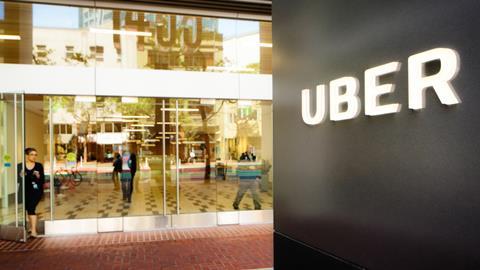The High Court has made a costs budgeting order in a group action where the total value of the claim comes to £340 million. In White & Ors v Uber London Ltd & Ors Mrs Justice O’Farrell opted to dispense with the usual rule that claims exceeding the threshold of £10m would not require the parties to provide costs budgets.
The claim is on behalf of 13,000 black cab drivers and two private hire companies, Kabbee and Iride, against the Uber Group over allegations of unlawful means conspiracy. Uber has raised a defence on the merits of the case and issues of limitation.
Following a preliminary hearing, the judge acknowledged that requiring both sides to prepare costs budgets would increase the burden on them, but that would be outweighed by the ‘real advantage in having visibility’ of costs helping claimants manage the litigation.
Costs budgeting in general only extends to cases worth up to £10m but the court has discretion to do what it thinks is just and appropriate. There is no presumption that all claims above the threshold will avoid it.
Read more
Uber submitted to the court that costs budgeting was not necessary, pointing out that £340m was obviously far beyond the accepted threshold and that there was no suggestion that it had incurred disproportionate costs so far. Its legal spending to date had been £2m which was neither loose nor extravagant, the court was told. No costs management order was necessary because the claimants already had litigation funding and after-the-event insurance covering adverse costs of up to £14m, Uber said.
Lawyers for the claimants pointed out that while the total value was large, the claimants themselves were largely of modest means and seeking only £15,000 each. They needed a reliable view of their exposure to costs and said that topping up ATE insurance later would be prohibitively expensive.
The judge said the overriding objective was to ensure that parties are on an equal footing and can participate fully in the proceedings, as well as saving expense and dealing with the case proportionately.
She added: ‘This is a case where the individual claimants are entitled to carry out their own cost-benefit analysis of the proceedings at each stage. That will involve, not only tracking their own costs exposure through the percentage of damages, if any, that they might have to forego, but also in tracking the funding and ATE that gets eaten up by their own costs and by exposure to the other side’s costs.’
This article is now closed for comment.




























3 Readers' comments